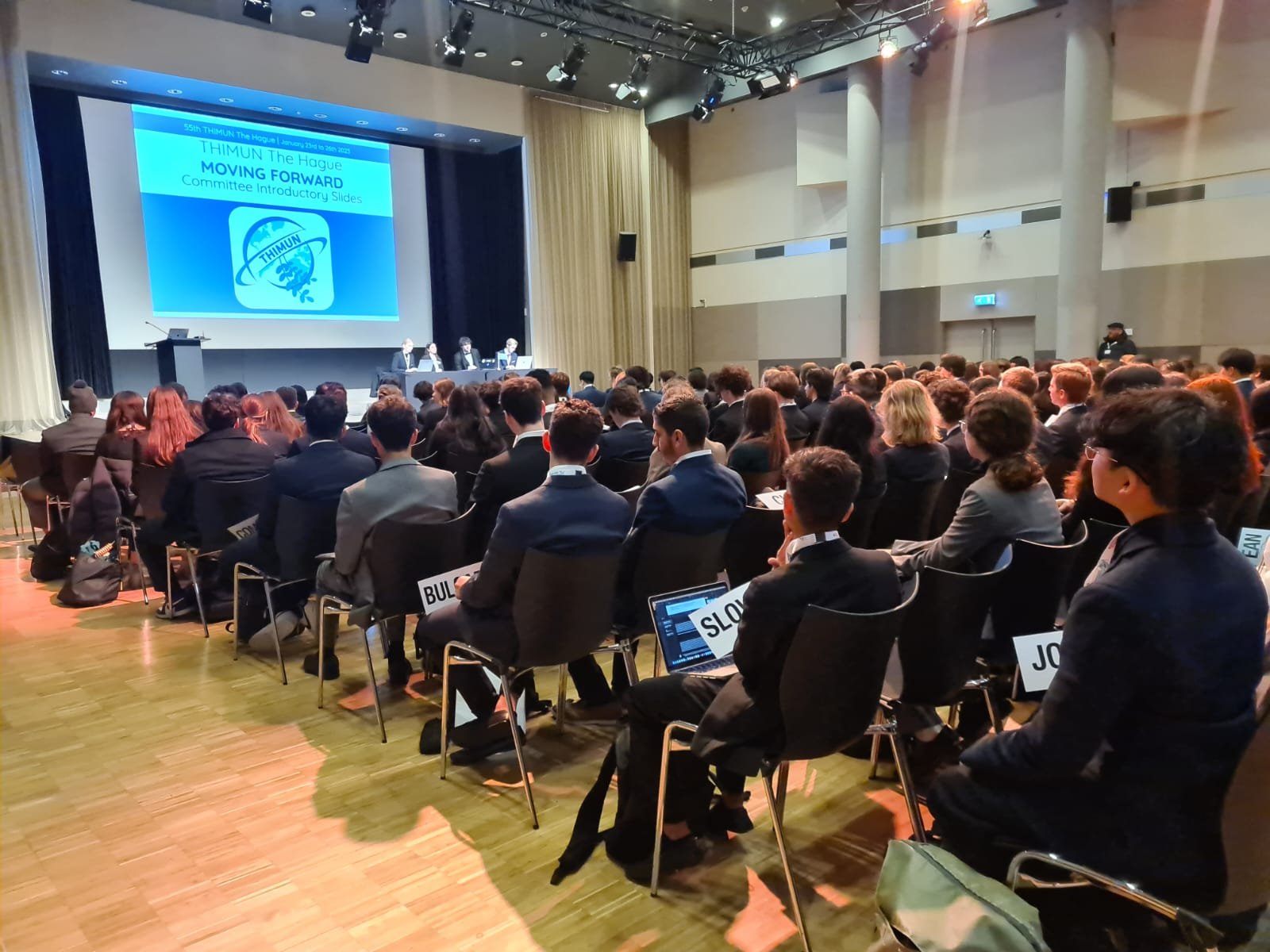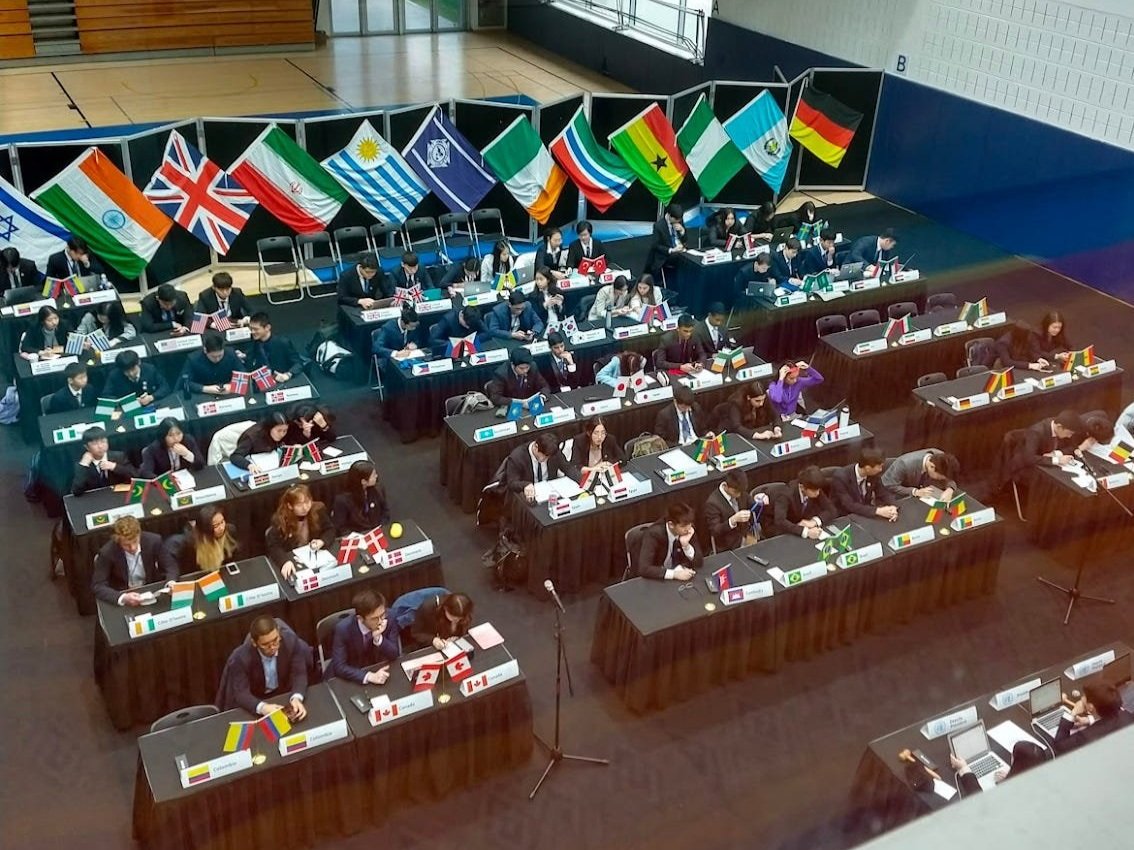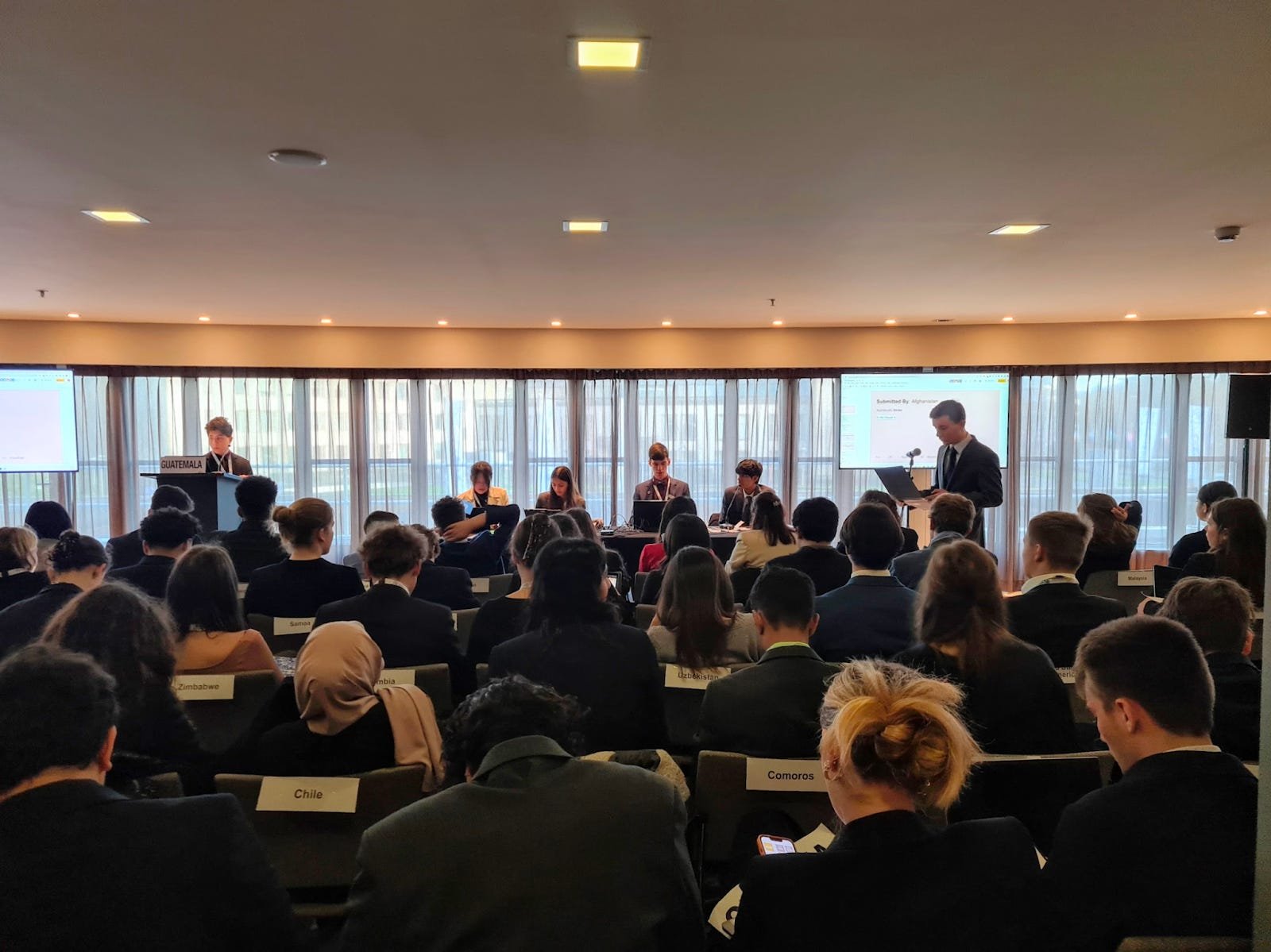Coming out of grad school, I considered various options for where to begin my teaching career. I ended up working in my hometown of Tacoma, remaining there for thirteen years before moving overseas. But somewhere in the multiverse, there are alternate Nates that followed other paths.
I completed my masters in 2006. The seminal news event of my two years in grad school was the failed government response to Hurricane Katrina (just nudging out our failures in Iraq). Millions of us watched as the citizens of New Orleans were abandoned by every level of government and left to fend for themselves in agony. The hurricane was a form of ethnic cleansing, wiping out entire mostly Black neighborhoods, replaced largely by real estate speculators and their AirBnBs. In some ways, it feels like we’ve collectively memory-holed the largely preventable deaths of nearly 2000 people. We must “never forget” 9-11, but it seems we never remember Katrina.
The hurricane did more than destroy much of New Orleans. It reshaped neighboring urban centers as people were forced to resettle: 84,000 evacuees to Atlanta; 50,000 to Baton Rouge; and a staggering 150,000 to Houston. In late 2005, enrollment in Houston area schools swelled as families resettled from NOLA. I have family in the area and Houston ISD flung a wide net trying to hire teachers to meet the soaring need. I was offered a job but ended up not taking it. I’ve always kept an eye on news and events in Houston ISD. It’s February 2023 and they currently have 282 unfilled positions.
Another option I considered was moving to Nevada. Vegas’ population has soared in my lifetime, from 438,000 in 1980 to 2.8 million people today. The footprint of the area has grown to match (see video below). Vegas’ schools have struggled to keep pace but in 2006, before the housing collapse, they, like Houston, were casting a wide net.
Clark County was more of a possibility for me than anything. As with Houston, I’ve kept tabs. They have a MAGA/Sarah Palin school board member, Katie Williams. She ridicules teachers, is hostile toward immigrant families, and is a Covid denier. It’s February 2023 and there are currently 1,079 teacher, counselor, and nurse openings in Vegas.
Because schools are run by each state, as each state sees fit, data reporting on the number of unfilled positions nationwide vary. But at least forty states and territories are reporting teacher shortages this year (left) and the numbers are far more grave when you look at STEM, world languages, ELL, and teachers serving students with special needs (right). But it is more complicated than that. The shortages have local twists and permutations. States and districts with lower pay and states with so-called “right-to-work laws,” offering fewer job protections, unshockingly have it worse. More affluent communities (and states that permit unionization) are seeing fewer shortages, meaning low-income students and students in flyover country are more likely to have a revolving door of subs, combined classes, or severely limited course offerings
Left - an image from ABC news showing states, in red, facing a teacher shortage (spoiler: most of the map is red). Right - An image from Yahoo!: Data on school staffing shortages by position and the reasons for the shortage (Again, lots of red here indicating a lack of applicants).
There are no reinforcements in the pipeline - Enrollment in teacher prep programs dropped by ⅓ between 2010 and 2018. I promise you the pandemic made this situation worse, not better. During the period when the country shifted to online schooling, much of the country showed teachers their behinds, and people rightfully left the profession in droves. Worsening all of this, teaching is more complicated than it was in the past. I am not a “history teacher.” I teach a college-level US government course, another college-level course comparing the systems of government in the UK, Iran, Mexico, China, Nigeria, and Russia, and a blended ninth grade course: a mish-mash of macro econ, international studies, world geography, and post-WWII world history standards. My job description isn’t atypical. Unless we deeply narrow course options or swell already crowded classes, there will not be enough capable people willing to be subjected to the vicissitudes of teaching in many US schools.
Over the last decade there’s been a push to get more students into STEM classes and higher-level classes in the Humanities. That’s cool and all but what happens when no one shows up to teach because they have far better options? It feels like we’re about to find out.





